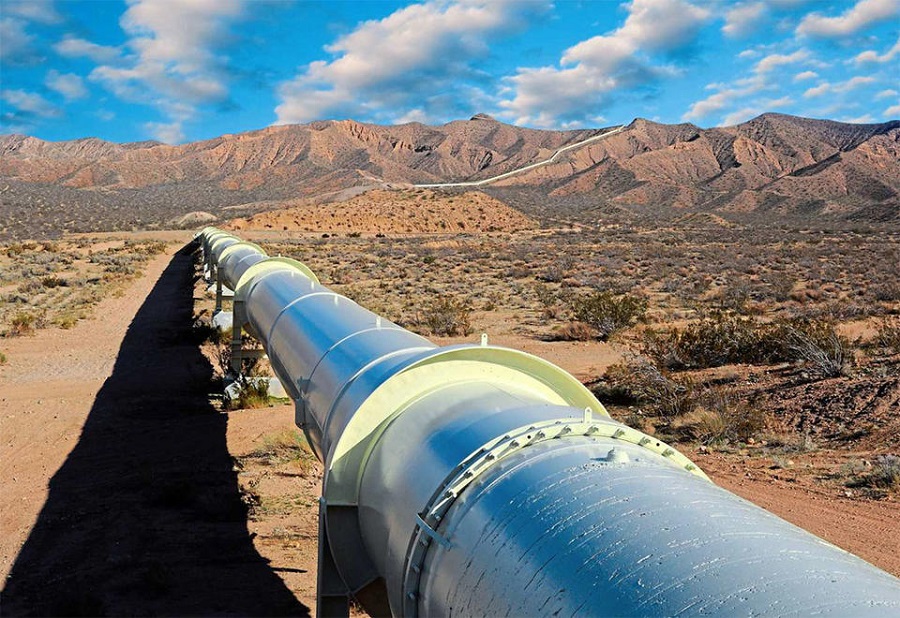Mikhail Gorbachev who is known in history for his role in facilitating the end of the cold war has died at the age of 91. His death was announced on Tuesday by Russia’s state news agencies, citing Russia’s central clinical hospital.
According to the City’s Central Clinical Hospital, he died after battling a long serious illness.
The last Soviet president, as he is mostly regarded, brought about the unification of Europe by forging arms reduction deals with the United States and partnerships with Western powers to remove the Iron Curtain that had divided Europe since World War II.
However, a lot of Russians fault his style for being unable to prevent the collapse of the Soviet Union, hence blaming him for the turbulence that his reform unleashed.
What they are saying
President Vladimir Putin sent his deepest condolences describing how Mr Gorbachev had had a huge impact in the course of history. He said, “He deeply understood that reforms were necessary, he strove to offer his own solutions to urgent problems,”
Antonio Guterres, UN Secretary General said, “Mikhail Gorbachev was a one-of-a kind statesman. The world has lost a towering global leader, committed multilateralist, and tireless advocate for peace.”
Joe Biden, U.S. President said he had believed in glasnost and perestroika – openness and restructuring – not as mere slogans, but as the path forward for the people of the Soviet Union after so many years of isolation and deprivation.
He said, “In a time of Putin’s aggression in Ukraine, his tireless commitment to opening up Soviet society remains an example to us all.”
What you should know
Gorbachev took power in 1985 and introduced reforms, as well as opening up the Soviet Union to the world.
Gorbachev was celebrated abroad as having helped change the world and was awarded the Nobel Peace Prize in 1990. However, he was criticized at home as having failed to live up to the promise of economic change.
His first five years in power were marked by accomplishments such as:
- Withdrawal of most Soviet tactical nuclear weapons from Eastern Europe as well as presiding over an arms agreement with the United States that saw the elimination of an entire class of nuclear weapons.
- Withdrawal of Soviet forces from Afghanistan
- Attack on corruption in the upper reaches of the Communist Party to wipe out hundreds of bureaucrats from their posts.
- Lifted restrictions on the media, allowing previously censored books to be published and previously banned movies to be shown.
- Established formal diplomatic contacts with the Vatican and also helped promulgate a freedom-of-conscience law which guarantees the right of the people to satisfy their spiritual needs.
- Exposed the nuclear power-plant disaster at Chernobyl to public scrutiny
- Sanctioned multiparty elections in Soviet cities leading displacement of stunned Communist leaders out of office.


















